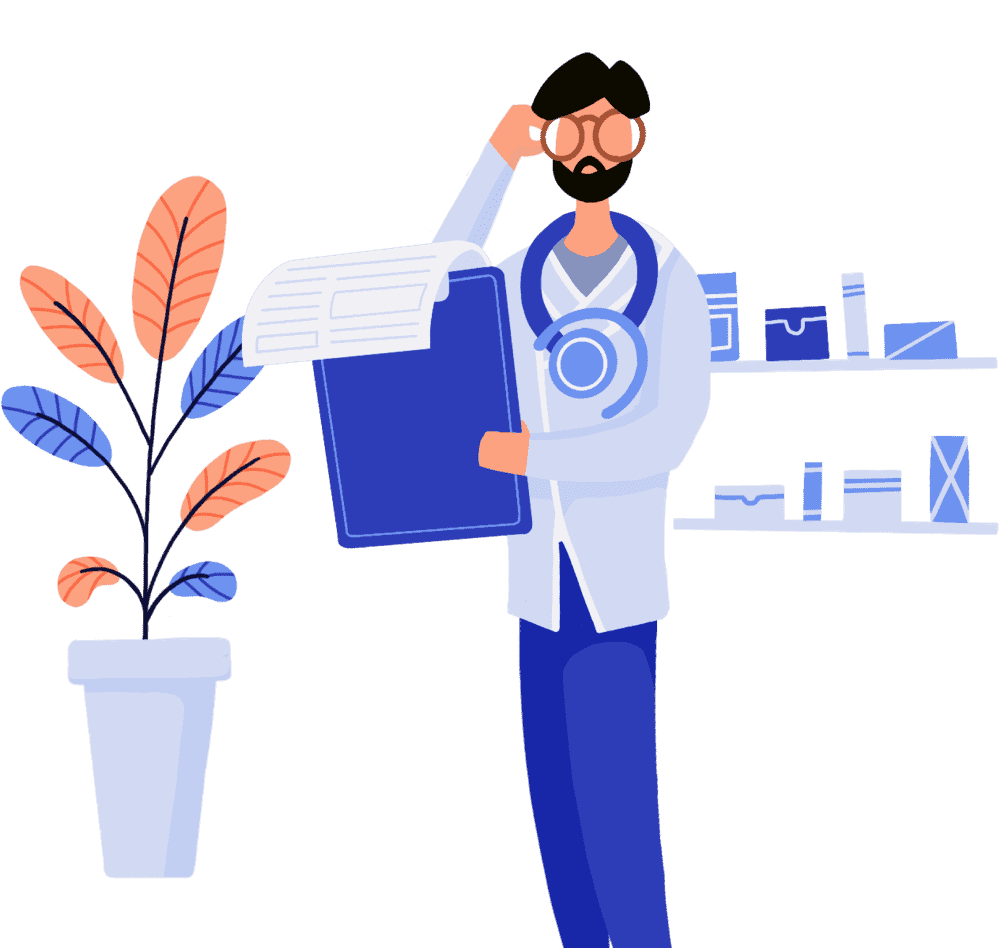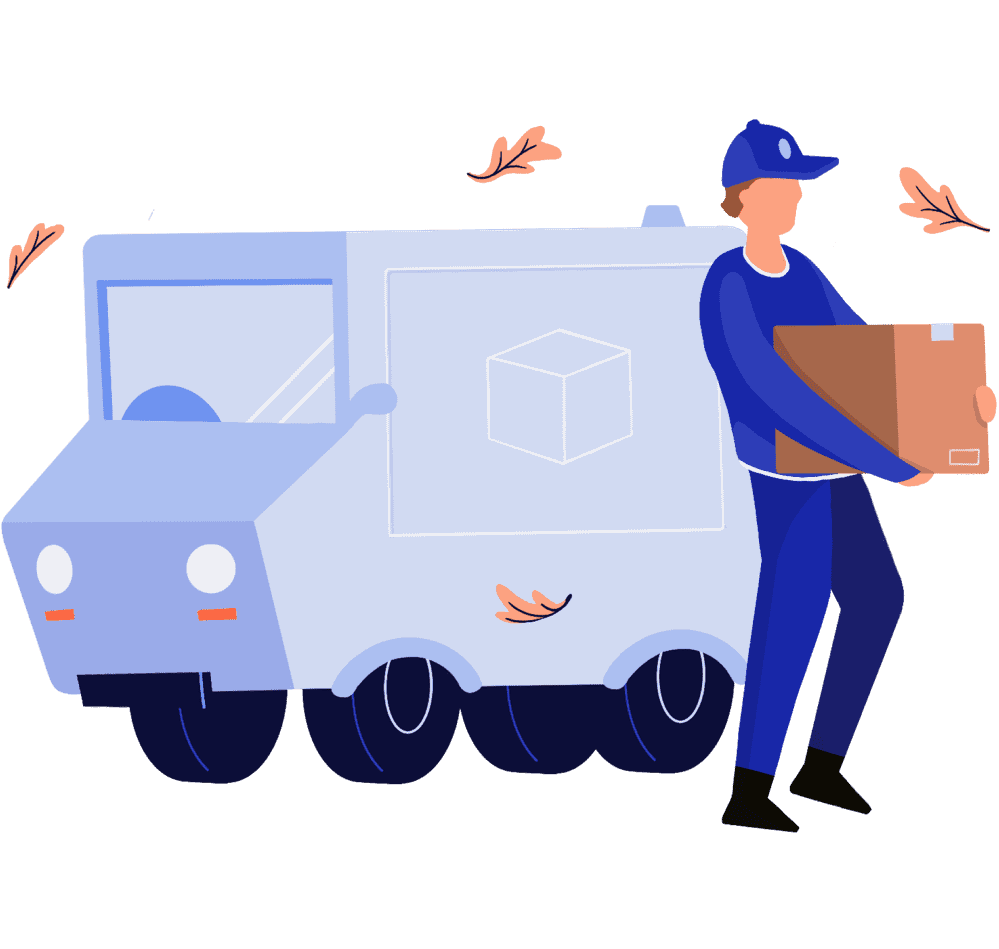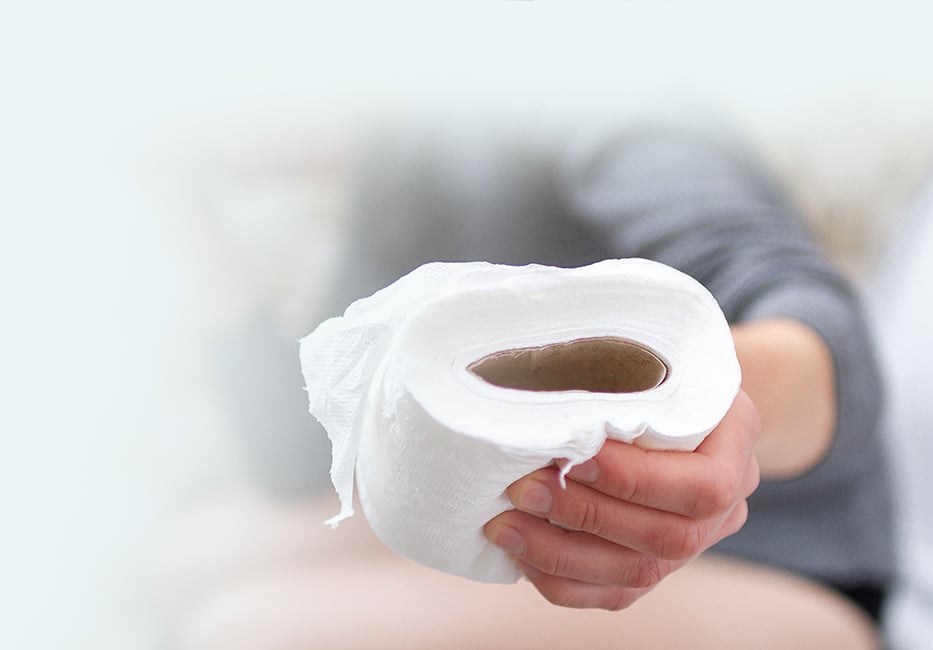Recharge your cells from within and enjoy 20% OFF NAD+ for a limited time only - shop now
- Home
- Travel Health
- Traveller’s Diarrhoea Treatment
Traveller’s Diarrhoea Treatment
Diarrhoea is a condition where sufferers go to the toilet more frequently and with a looser consistency than normal. Traveller’s diarrhoea specifically refers to diarrhoea picked up in foreign countries, usually due to contaminated food and poor levels of hygiene. Be sure that you’re prepared for your next trip by stocking up on our effective treatments in case diarrhoea strikes.
More Information
What is travellers diarrhoea?
Travellers Diarrhoea
Diarrhoea is an unpleasant, but usually harmless, condition where a person finds themself going to the toilet much more often than normal and when they do, the stools are looser and runnier. Diarrhoea in itself can be experienced anywhere, but in particular, it tends to get people when they travel to foreign countries. In fact, it’s one of the most common symptoms of travelling and it may be accompanied by stomach pains, vomiting or a fever.
Most of the time, people get travellers’ diarrhoea in the first week of being somewhere new, and symptoms tend to last for 3-5 days. Mild cases may not cause the sufferer any trouble, but severe cases can lead to dehydration, decreased appetite and a limited level of enjoyment (because of having to stay in or being constantly up and down to the toilet). Diarrhoea is unpleasant in any case but even more so when it’s keeping you from being able to enjoy your holiday or trip.
What causes travellers diarrhoea?
Travellers’ diarrhoea is usually caused by organisms such as bacteria (salmonella), parasites (giardia) and viruses (norovirus). The organisms are picked up from consuming contaminated food or drinks, or from touching contaminated surfaces (because of poor levels of hygiene).
Sometimes, stomach problems (including diarrhoea) are not caused by harmful organisms but occur simply as your body’s way of adjusting to a new environment. People often talk about “the change in water” affecting their bowel movements, and jet lag can lead to diarrhoea or constipation too. If the food in the place that you’re staying is very different from that which you are used to then you could experience some diarrhoea, especially if the food is very spicy or high in fat.
How can I treat traveller’s diarrhoea?
Travellers Diarrhoea Antibiotics
Because medical options may be limited in the country that you are travelling to, it’s wise to make sure that you take everything you may need with you. If you are planning a trip then be sure to get some ciprofloxacin, to effectively treat traveller’s diarrhoea when it begins.
If you do get traveller’s diarrhoea then make sure you rehydrate yourself with plenty of water and rehydration solutions, and only eat when you feel able.
Like with a lot of things, prevention is better than cure so always be cautious with food and drink when you go travelling. Drink bottled water, not tap water and you should even use bottled water for brushing your teeth. Maintain proper levels of hygiene and always wash your hands before and after every meal. If you are worried about having a sensitive stomach then opt for blander foods and try to stick to ones that you have tried before or usually eat at home.
Medication delivered the next day from UK pharmacies



Choose the right treatment
From the comfort of your own home or out on the go, choose the treatment you require from our extensive range.
Complete an online consultation
A vital part of our process, your online consultation will be similar questions to that of a GP. Quick and easy, we guarantee privacy and confidentiality.
Delivered discreetly
One of over 100 of our partner regulated UK pharmacies will dispense and ship the treatment to you in discreet packaging.
Rated out of 5 on 
excellent
Very good
excellent reliable service at all times
First class service.
Rated 4.6 out of 5 based on 6919 reviews
Here to help you
Our Customer Service is available Monday to Friday 9am - 5pm. If you need urgent assistance, do not use this service. Call 111, or in an emergency call 999. Visit our help section


